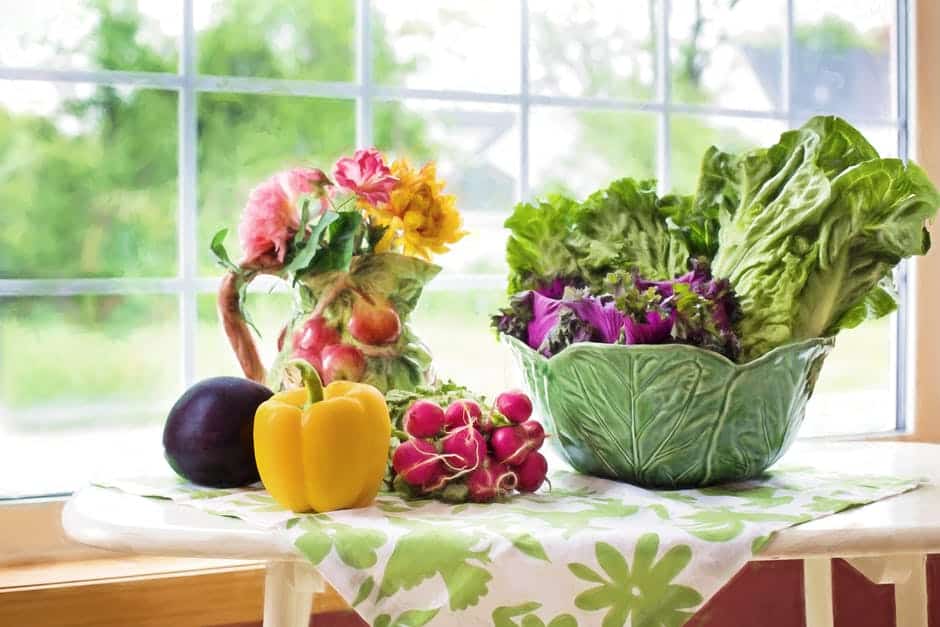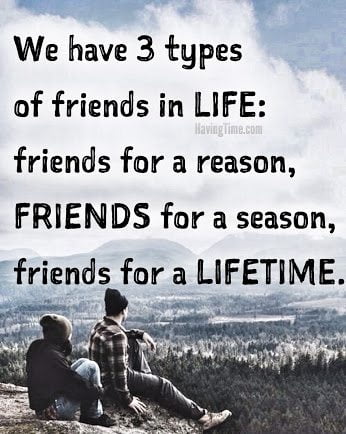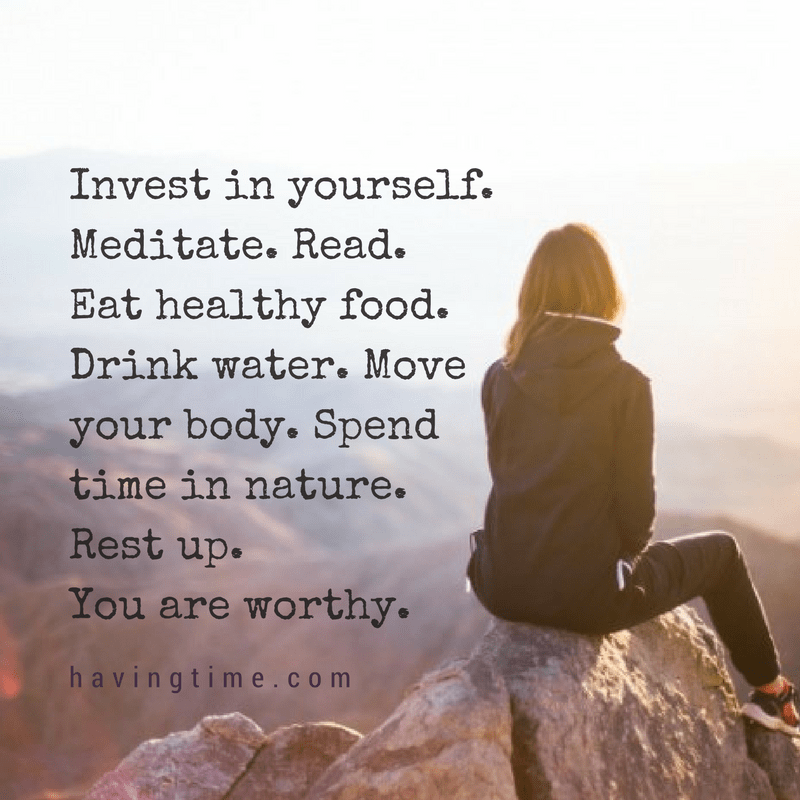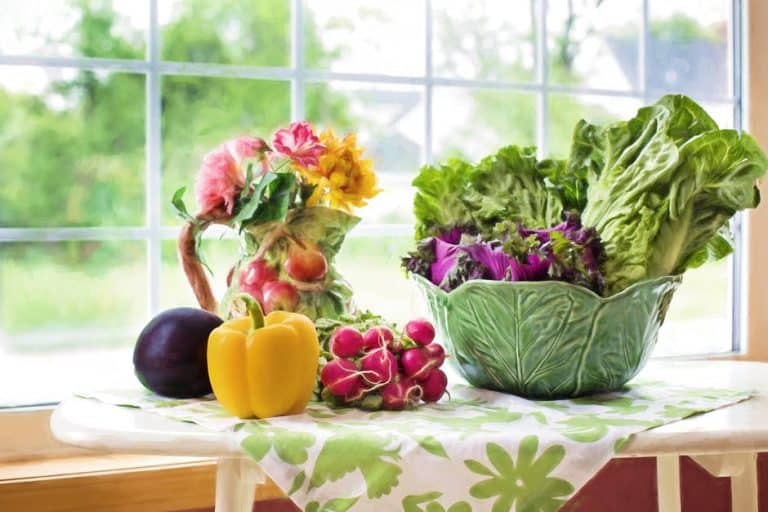
It was the first time in a year that I had got in the vegetable garden other than to forage for ingredients. The job ahead was large and felt overwhelming. A year without maintenance in a vegetable garden is long, too long for any hope of a healthy garden as any avid gardener will know. As I weeded, I considered the many things I’ve learned from my garden and how the lessons also apply in life more broadly.
9 Awe-Inspiring Life Lessons I Learned in the Garden
Some things will survive even when you put no effort in.
Somehow in this garden of mine, a lemon tree and a number of herbs survive on a diet of water, sunlight, and soil. Unfortunately so do all manner of weeds. I relate this to not taking care of yourself. If you don’t take care of yourself it may not show up in an immediate impact on your well-being and you may be able to function. In time though, the weeds may take over in the form of difficulty managing stress levels, resentment at the lack of balance or burnout just for example.
Some things die or struggle when not cared for.
Some of the plants I’ve tried in the vegetable garden needed love. They needed monitoring, special fertilizers, techniques to make them grow better. Without that, they have struggled, not producing anything or they have died. This reminds me of relationships. When we put in no effort into our relationships, whether romantic, family or friendships they will struggle. Not all will need the same level of effort, but nearly all require input.
Too much of a good thing is still too much.
Even good things when out of control cause problems. For example, a pumpkin plant we grew in the garden was so prolific it took over the garden at the expense of other things it suffocated in its path. In life, if we allow some aspects of our lives dominate it can be at the cost of balance and health.
Some things are only meant for a season.

No matter how much you love some plants, at the end of their season, they die. You can tend to them and still, they will die. Just as some jobs and relationships are only meant for a time. If we try too hard to make them grow when it is their time to end, it’s a more painful and prolonged letting go than it needs to be.
Some things will not grow in your garden.
Some plants will not grow because they don’t get enough light or the soil is not to their liking. It’s not personal, you just don’t have what they need. You can choose to throw good in after bad or you can choose to stop and do something different. Just as in life, sometimes we need to accept the futility rather than battle it out or keep pushing. Or maybe find a new garden bed or project.
If you don’t plant anything new there is nothing new to look forward to.
When the garden was new, I would try new things and dream about what could be grown. The last couple of years I have not. While this protects from the disappointment of another possible failure, it also means there is nothing exciting to look forward to, no renewed enthusiasm for the garden and no possibility of new success. It’s the same with life. When you stop trying new activities life can get stale, quickly. You lose opportunities to build confidence when you don’t expand your skills.

Regular maintenance towards the vegetable garden would prevent the task becoming overwhelming.
Letting things go until it just has to be done means that you will face one massive and very unappealing job. It can feel very overwhelming. The same goes for well-being. Small and regular efforts prevent things getting out of control and the task of reigning things back in is easier if there is less to attend to. Avoid crisis management strategies such as only doing your wellness strategies when you feel anxious or down. It is better to put some small effort in every day as a prevention measure.
Wishing you liked gardening does not make it happen.
“ I wish I liked exercise” or mindfulness or some other wellness behavior is something I hear from people a lot. Wishing you liked it does not make it happen. Like gardening, the only way to make something happen is to get out there and do it.
Doing something that isn’t a priority or something you enjoy can still feel good and give you a sense of achievement when it’s done.
I often place gardening on the list of how you can move for mental health but it’s not one I personally use because it’s not an interest of mine. Even though I don’t love gardening, this spot of gardening did make me feel good. I was moving and I was outdoors but also I felt a sense of achievement when the garden bed was weeded and clear again. Sometimes the reward comes from completing the task, even an unwanted one.
Most importantly I’ve learned from my vegetable garden that you can begin again. A change in habits and your garden will reward you. What habits in your life can you change to increase your wellbeing? What reward will come from that?
For more tips on how to live a calmer, happier and confident life join my Unshakeable Calm facebook group.


